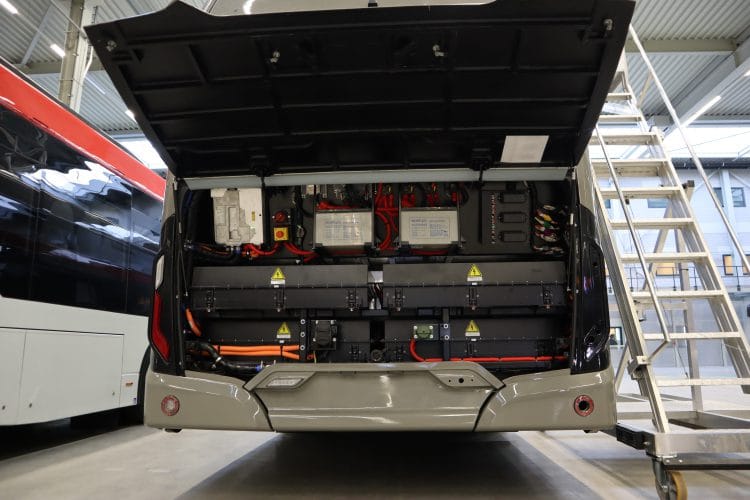
Battery pack prices increased by 7% from 2021 to 2022, according to BloombergNEF
No, it’s not an unexpected news. At all. But BloombergNEF is now outlining some precise figures on it. In its annual battery price survey the consultancy indeed found that lithium-ion battery pack prices increased by 7% from 2021 to 2022, up to $151/kWh. It’s presented as “the first ever increase in lithium-ion battery pack prices
Battery pack prices increased by 7% from 2021 to 2022, according to BloombergNEF
Battery pack prices were of course cheapest in China, at $127/kWh. Packs in the US and Europe were 24% and 33% higher, respectively. Higher prices reflect the relative immaturity of these markets, BloombergNEF says, the higher production costs, the diverse range of applications and battery imports. For the higher end of the range, low volume and bespoke orders push prices up.
What about LFP?
“Prices could have risen further in 2022 had it not been for the higher adoption of the low-cost cathode chemistry known as LFP, and the continued reduction of expensive cobalt in nickel-base cathodes – consulting says -. On average, LFP cells were 20% cheaper than lithium nickel manganese cobalt oxide (NMC) cells in 2022. However, even low-cost chemistries like LFP, which is particularly exposed to lithium carbonate prices, have felt the bite of rising costs throughout the supply chain. LFP battery pack prices rose 27% in 2022, compared to 2021″.
LFP batteries have gained significant market share in the last three years, with BloombergNEF expecting them to account for around 40% of global EV sales this year.
Forecasts: battery prices to decrease again in 2024
BNEF expects “battery price to start dropping again in 2024, when lithium prices are expected to ease as more extraction and refining capacity comes online. Based on the updated observed learning rate, BNEF’s 2022 Battery Price Survey predicts that average pack prices should fall below $100/kWh by 2026. This is two years later than previously expected and will negatively impact the ability for automakers to produce and sell mass-market EVs in areas without subsidies or other forms of support. Higher battery prices could also hurt the economics of energy storage projects”.

